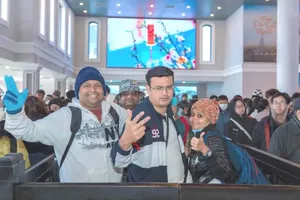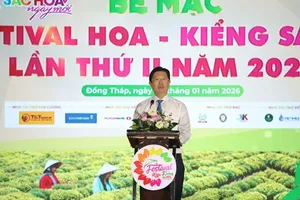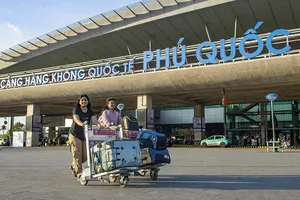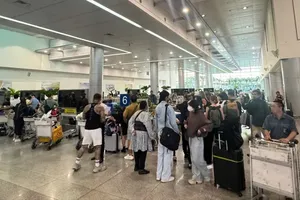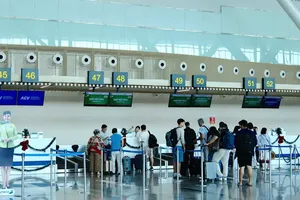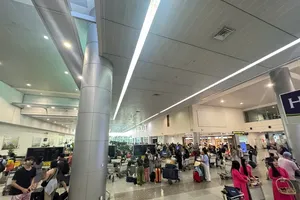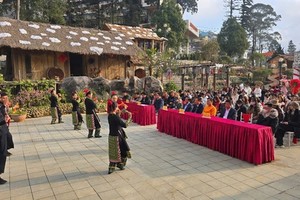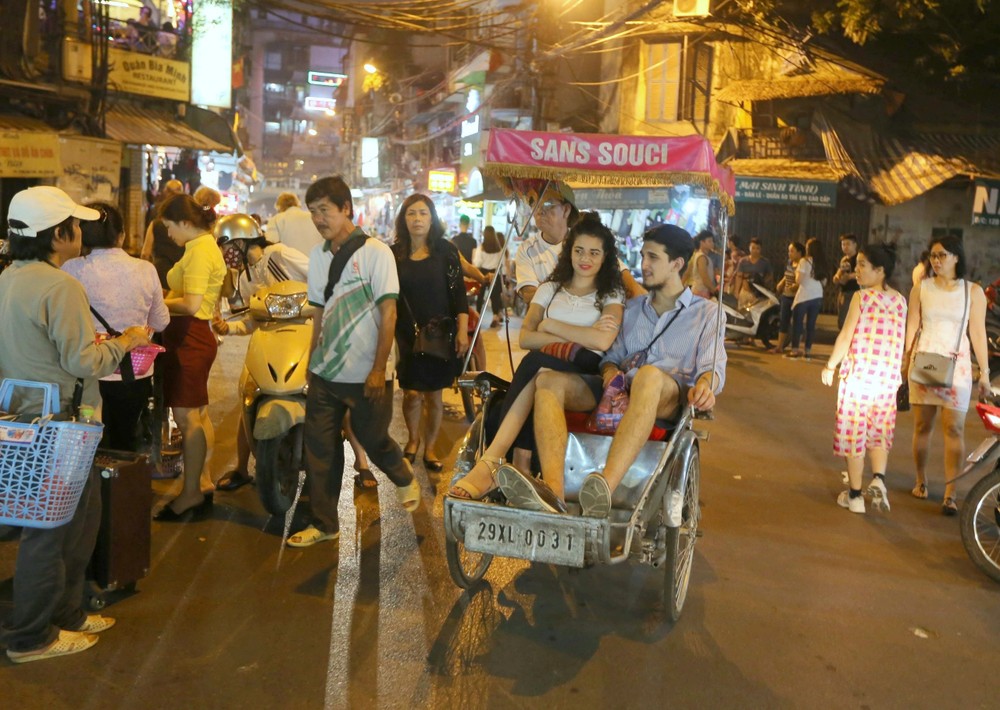
Many staff at 4-5 star hotels in Vietnam are from the Philippines, Thailand, Indonesia, and Singapore posing employment threats to local workers.
According to data from the Department of Training under the Ministry of Culture, Sports and Tourism, every year tourism training establishments across the country have about 20,000 graduates. In terms of quantity, the currently trained tourism human resources basically meet the requirements.
However, the quality of human resources is still a challenge. The Institute for Tourism Development Research said that labor productivity at hotels in Vietnam is only 1/15 compared to Singapore, 1/10 compared to Japan and 1/5 compared to Malaysia.
Vice Chairman of Vietnam National Administration of Tourism (VNAT) Pham Van Thuy also predicted that in the context of the mutual recognition agreement on tourism professions in ASEAN taking effect (allowing the movement of skilled tourism workers from among ASEAN), foreign tourism workers can work in Vietnam causing Vietnamese tourism workers to be at risk of losing their jobs right at home if they do not improve their professional capacity and working attitude.
One of the visible causes leading to concerns about the quality of labor in the tourism industry is that training facilities do not really meet the needs of society; worse, lecturers at tourism schools or faculties are trained from other fields, so they don’t have practical experiences in the field.
To solve this problem, Prof. Dr. Dao Manh Hung, Chairman of the Vietnam Tourism Training Association, requested that the opening of the tourism training industry code in schools must ensure the minimum requirements including sufficient facilities for teaching and learning, lecturers with high qualifications in both theory and practice, the curriculum must be appropriate.
In the long term, management agencies need to soon introduce a common program for training facilities with the criteria of closely following vocational skills standards, increasing the rate of practice, foreign languages and information technology.
Furthermore, responsible agencies should pilot training for some occupations in English as well as have more joint training activities of international standard tourism human resources.
Last but not least, training institutions need to build close relationships with tourism businesses to help students to access work early.
On the contrary, businesses need to provide training at schools with tourism faculties, creating conditions for students to practice at businesses; thereby, they can easily recruit good human resources.
From the perspective of state management, the Vietnam National Administration of Tourism needs to coordinate with businesses to organize short-term training courses to update knowledge, skills, and new tourism trends for lecturers and students. In addition, employees must also be clearly aware of the need to improve their capacity and working skills to meet the requirements of the job.




